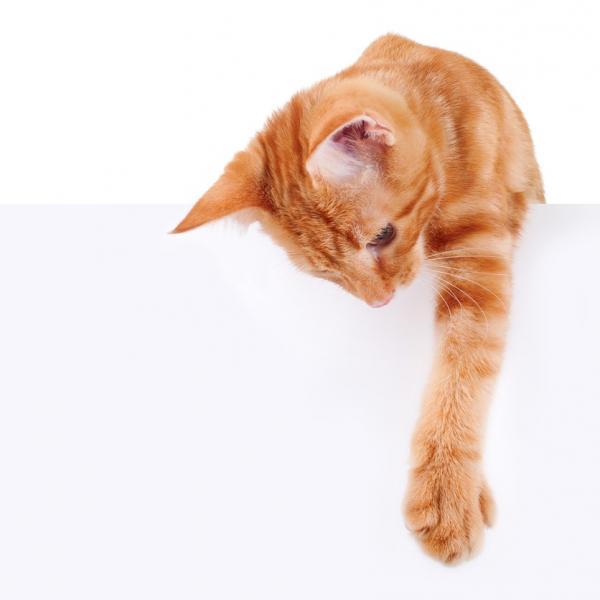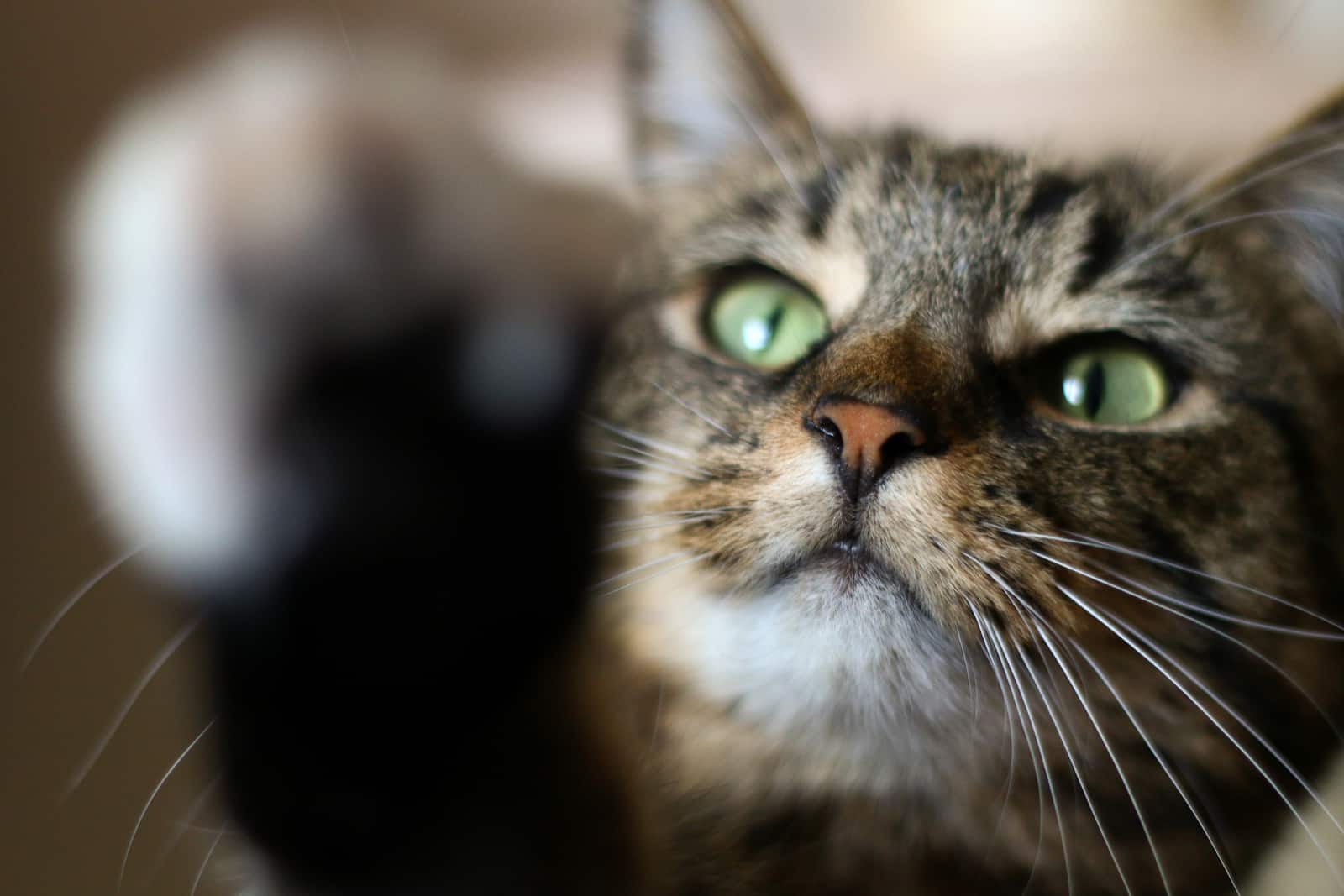
Vim li cas miv thiaj pov tej khoom rau hauv pem teb
Pets love to play pranks, but why do cats throw things off the table? Do they just like to play pranks, want to annoy the owner, or study the laws of physics and gravity?
According to a group of researchers from Japan, the latter option is quite possible.
laboratory cats
In 2016, the journal Animal Cognition published a study by Saho Takagi and her co-authors. Scientists have developed a test to see if cats can recognize the presence and predict the behavior of an invisible object from the noise coming from a closed container. They wanted to find out if cats could make a connection between sound as a cause and the appearance of an object as an effect.
The experiment involved 30 cats, 22 of which lived in cat cafes, which are extremely popular in Japan. These animals were chosen in addition to several house cats because they tend to be very sociable and comfortable with strangers.
For their experiment, Takagi and her colleagues made an opaque container with an electromagnet in the center. They placed three iron balls in a container and, using an external toggle switch, turned on and off an electromagnet that attracted and released the balls inside the box.
With this container, scientists conducted four experiments involving cats:
- Iron balls rumbled and fell out of the container.
- The balls did not make sounds and did not fall out.
- The balls rumbled and did not fall out.
- The balls made no sound and fell out.
The first two situations were considered “normal” circumstances, and the second two were considered anomalies. The researchers called the last two situations “expectancy violation procedure” because the cause did not produce the intended effect.

“Meowtonian” physics
Takagi and her colleagues found that cats paid more attention and looked at the container longer when:
- they heard the sound, but the objects did not appear;
- there was no sound, but objects appeared (anomalies).
According to the authors, this indicates a basic understanding of gravity in cats.
As the Washington Post notes, critics have not bypassed the experiment of Takagi and her team. One researcher, John Bradshaw of the University of Bristol, told The Post that in this experiment, cats could “simply pay attention to the sounds of rumbling and falling balls.” Bradshaw thinks our furry friends have expectations about what they see and hear, but he needs more proof to make sure cats understand physics.
Mur-mur in perpetual motion
The evidence from the Japanese experiment is not reliable, especially given the tendency for cats to stare at a variety of objects for long periods of time. However, it does provide some insight into the reasons why cats drop objects. It can be assumed that cats are aware of gravitational attraction. Perhaps the four-legged pet understands that the pencil that he pushes off the table will fall to the floor, and not hang in the air. But there is still a lot of work to be done to confirm this.
But it is known for certain that pussies will go to great lengths to be noticed. Sometimes a cat throws things off to get the attention of a person. After all, as soon as she knocks over the owner’s favorite cup of coffee, he will immediately be distracted from the laptop.
But maybe they understand Newton’s third law, which says that to action there is always an equal and opposite reaction? Or does the cat knock things off the table because she likes to watch them fall?
Four-legged pets are very smart creatures, and it’s not that hard to believe that they understand physics. But until more research is done and solid evidence is obtained, it is important to leave a glass of water out of the cat’s line of sight. Just so as not to tease the mischievous pet.





